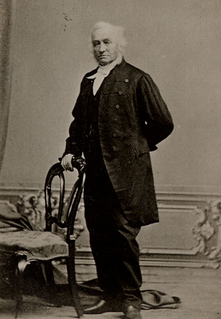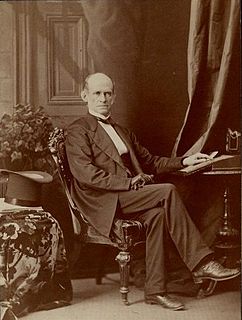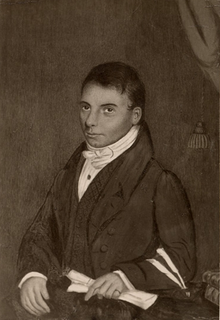Peter Burnet 1791-1870 was born in Elrick, Aberdeen, Scotland. He moved to Quebec in 1810 where he was merchant and political figure in Lower Canada. He represented Quebec Lower Town in the Legislative Assembly of Lower Canada in 1820.
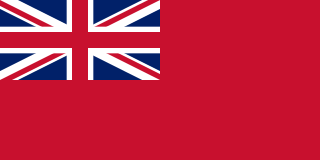
The Province of Lower Canada was a British colony on the lower Saint Lawrence River and the shores of the Gulf of Saint Lawrence (1791–1841). It covered the southern portion of the current Province of Quebec and the Labrador region of the current Province of Newfoundland and Labrador.
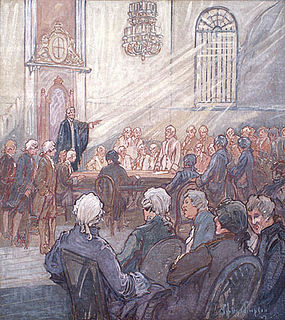
The Legislative Assembly of Lower Canada was the lower house of the bicameral structure of provincial government in Lower Canada until 1838. The legislative assembly was created by the Constitutional Act of 1791. The lower house consisted of elected legislative councillors who created bills to be passed up to the Legislative Council of Lower Canada, whose members were appointed by the governor general.
Around 1820 he had a son Peter with his wife Mary
He operated a business in Quebec City, at first by himself and then, after 1823, in partnership with his brother David. The Burnets imported goods and were involved in the lumber trade, as well as owning river frontage and operating a shipyard on the Saint-Charles River. Burnet was a director for the Bank of Montreal at Quebec City. Elected to the assembly in April 1820, he did not run for reelection in the election held in July later that year. He was opposed to the Union of Upper and Lower Canada proposed in 1822. Around 1830, Burnet moved to London, England.

Quebec City, officially Québec, is the capital city of the Canadian province of Quebec. The city had a population estimate of 531,902 in July 2016, and the metropolitan area had a population of 800,296 in July 2016, making it the second largest city in Quebec after Montreal, and the seventh largest metropolitan area and eleventh largest city in the country.
David Burnet was a businessman and political figure in Lower Canada.

Saint-Charles River is a river of Quebec (Canada), which passes through Quebec City. Its Huron-Wendat name is Akiawenrahk.
Sometime in the 1830s he moved to Nice, Alpes-Maritimes, Provence-Alpes-Côte d'Azur, France where he died 19 Jan 1870
In 1859, he acquired the seigneury of Grondines.


